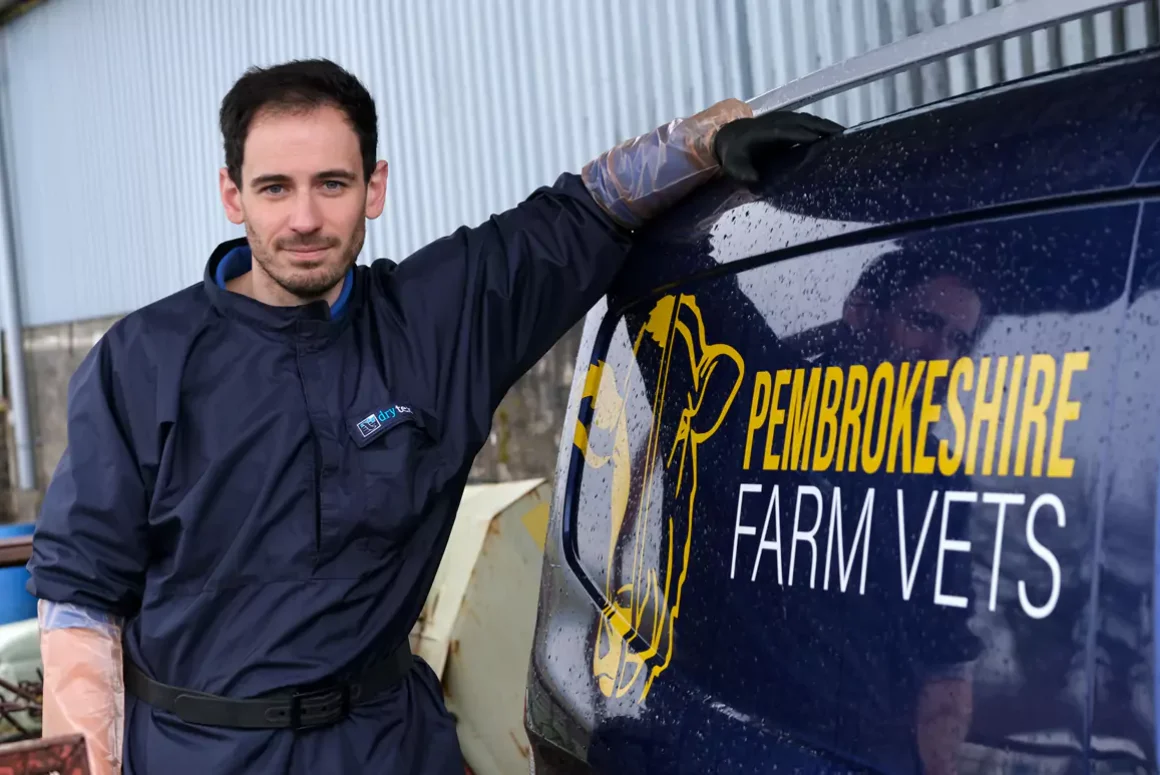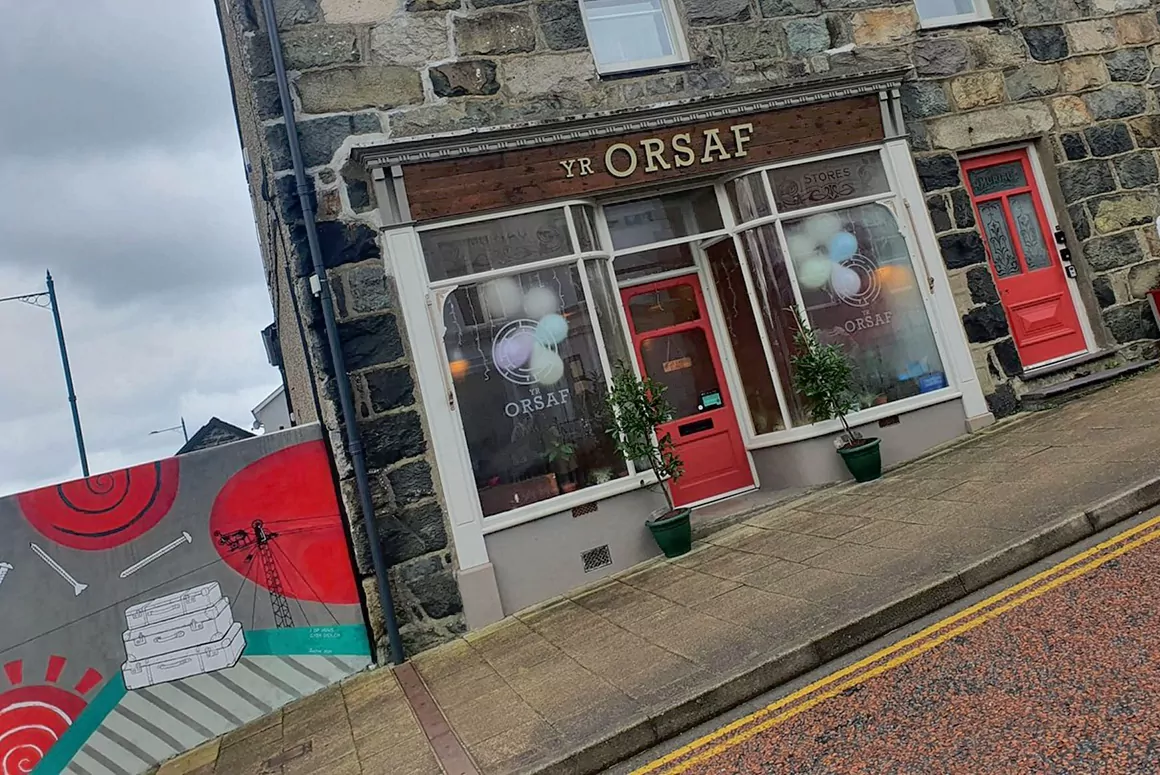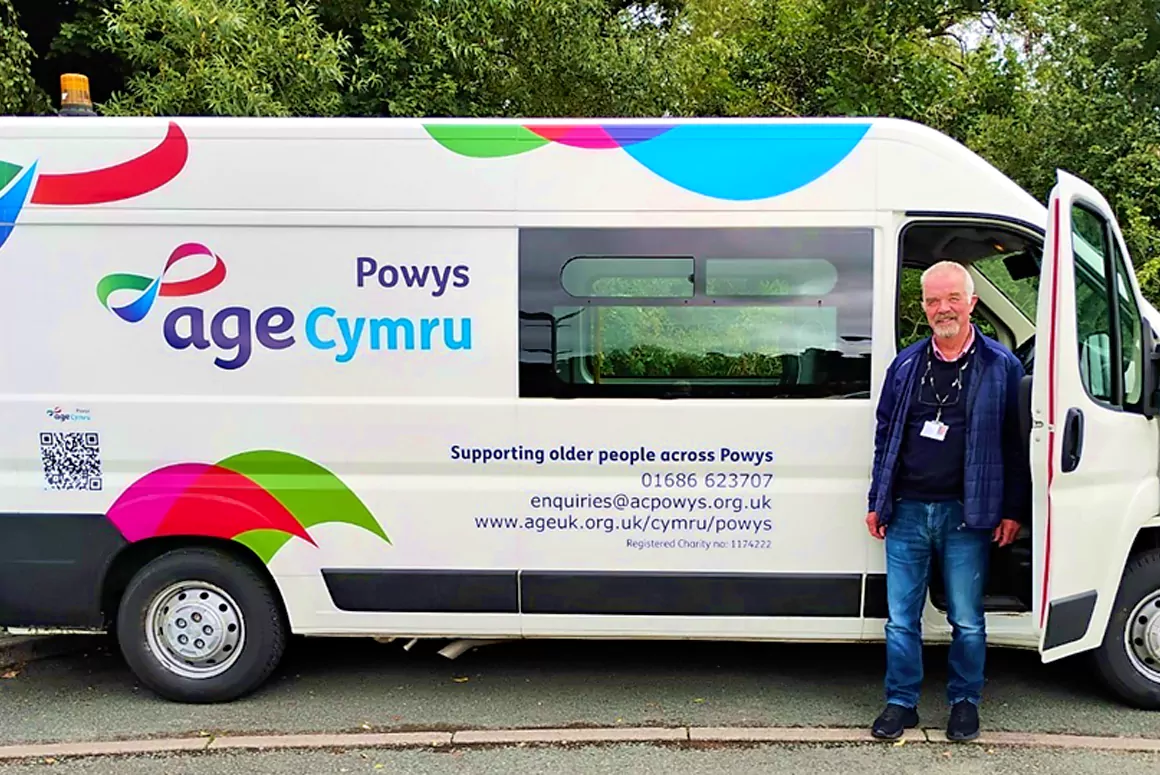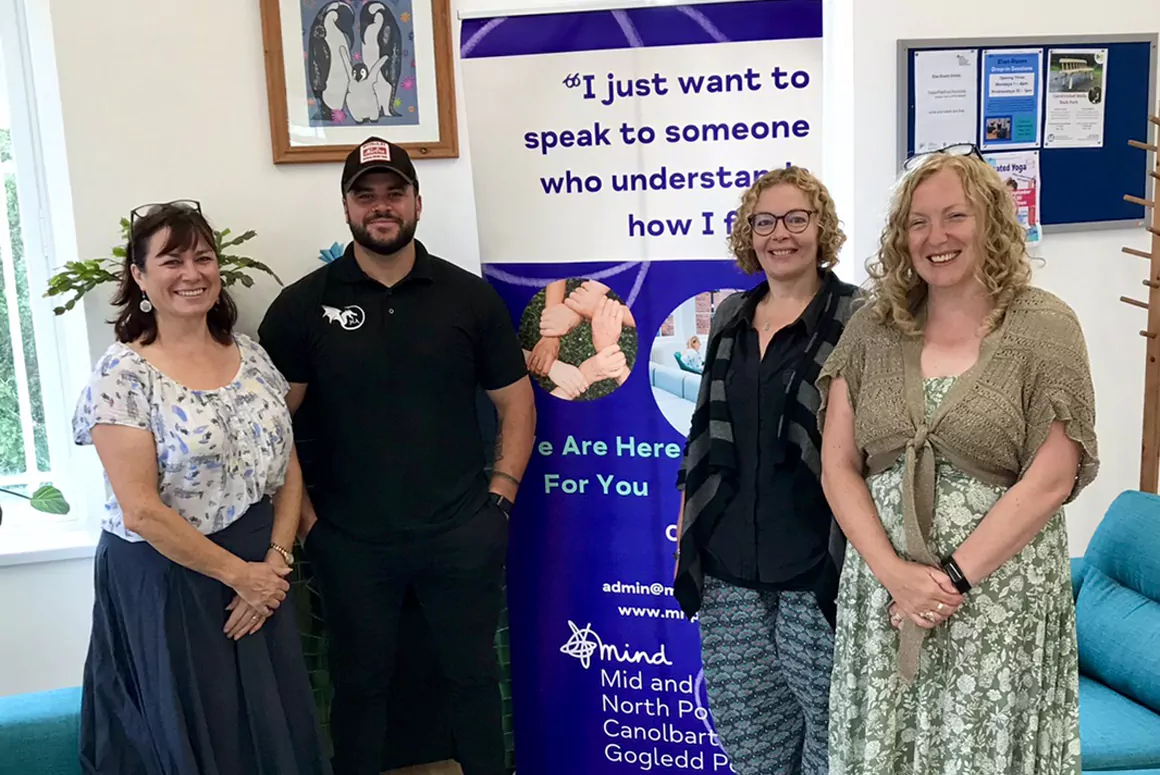![]()
An award-winning specialist Welsh veterinary network established to tackle antibiotic resistance has reached a milestone and is nearing complete Wales-wide veterinary livestock practice coverage.
The Veterinary Prescribing Champion (VPC) network has welcomed an additional 12 vets and four new practices in the last year. The network now has 72 members, covering almost 90% of eligible veterinary livestock practices in Wales and reinforcing its role in promoting responsible antimicrobial use.
The VPC network is part of the Arwain DGC (Defnydd Gwrthficrobaidd Cyfrifol / Responsible Antimicrobial Use) programme.
Funded by the Welsh Government and led by Mentera, the Arwain DGC programme helps vets, farmers, and horse owners in Wales to reduce the risk of antimicrobial resistance (AMR) by promoting animal health and productivity, training, the application of new technology, data gathering and analysis, and research.
The VPC network is led by Dr Gwen Rees from Aberystwyth University and aims to support vets to prescribe antibiotics responsibly in Welsh farm veterinary practices.
Dr Rees, who is Arwain DGC’s Veterinary Development Manager, said,
“I’m delighted to see the VPC network go from strength to strength – it’s a real testament to the hard work and motivation of Welsh vets to be leaders in the field of antibiotic stewardship.”
Participating vets receive ongoing training, regular workshops and discussion groups to maintain a unified approach to prudent antimicrobial dispensing within and between veterinary practices – which they then disseminate to their practices. Topics include disease control, health management systems, and behavioural change strategies to drive responsible prescribing. Soft skill development, such as motivating change to promote prudent antimicrobial use, is also included.
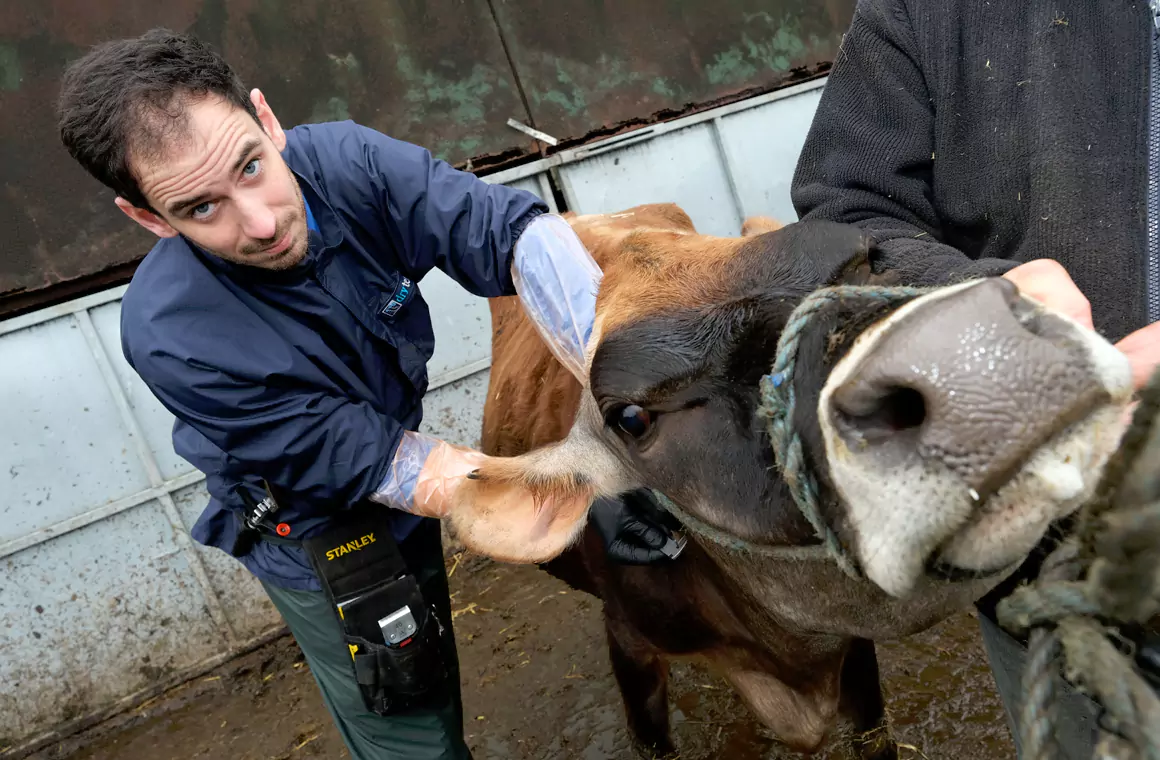
A significant success of the VPC network has been the participatory development of a voluntary code of conduct and series of clinical guidelines to support practices in their prescribing.
Mo Kemp of Calcoed Vets in Holywell highlighted how being part of the VPC network has helped her better advise farmers on reducing antibiotic dependency. She said,
“I was keen to be involved with the VPC network to improve engagement with farmers and re-ignite discussions about best treatment practices.”
Meanwhile, Ruben Vines of Pembrokeshire Farm Vets, one of the network’s newest members, sees the network as “an exciting opportunity to collaborate with other vets and health professionals and drive meaningful change in reducing antimicrobial use.”
AMR is classed as a ‘One Health’ challenge – as antibiotic resistance threatens the health of humans and animals. The World Health Organisation has warned that AMR is an issue where “without urgent action, we are heading for a post-antibiotic era, in which common infections and minor injuries can once again kill.”
Award-winning VPC Dr Joseph Angell of Wern Vets praised the impact of the Arwain DGC project, saying that it has been “hugely impactful in Wales”, and it is a “great example of academics, vets, and farmers working positively together on a major public health issue.”
He said,
“The outcomes are clear and speak for themselves, with a major countrywide reduction in antimicrobial use, the recovery of antimicrobial sensitivity in some areas, and successful case examples of farmers and vets collaborating to achieve tailored reduction whilst maintaining and improving animal welfare and production outcomes.”
Dr Angell said the issue of antimicrobial resistance is real, and he hoped in the future, the Arwain DGC programme would be replicated in other countries and combined with GP prescribing “to ensure a more integrated approach with a One Health focus.”
Feature image: Ruben Vines of Pembrokeshire Farm Vets


